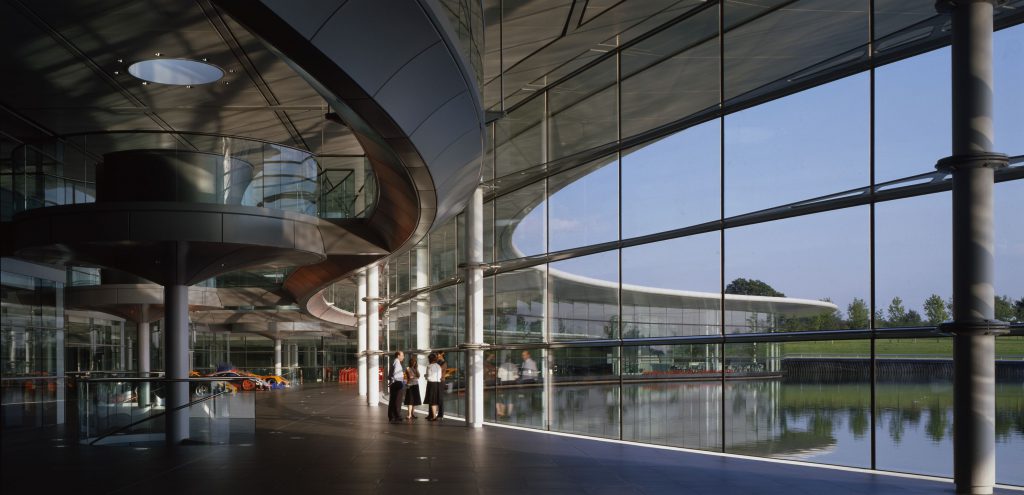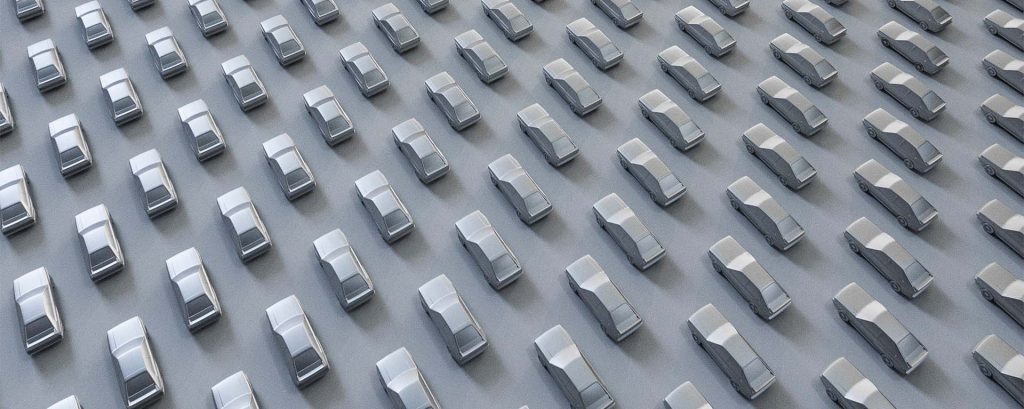Have you ever stopped to notice that much of the world around us is made from aluminium? Specifically the likes of aeroplanes, sculptures, drinks cans, mobile phones, windows and general engineering projects. Though the most common use of aluminium is within the transport industry, cars top the billing. For more information on the different industrial uses, have a look through this blog.
The material chosen to make a vehicle will ultimately make or break how good of a vehicle it is, not to mention how safe it is. The material mustn’t add excess weight, and be able to withstand driving at high speeds, along with years of constant use.
As is the case for many applications within various industries including solar power, aluminium is the metal of choice where car production is concerned. In fact, the average car owner probably doesn’t realise just how many hidden components rely on aluminium to ensure a safe and secure ride.
Here is an overview of aluminium extrusions, along with why they are heavily used within the car industry to tell you more.

What Are Aluminium Extrusions?
The easiest way to describe aluminium extrusions along with how they are made is to cast your mind back to creating shapes with modelling clay as a child. Specifically, creating shapes through a toy press that would compress the clay into the shape that was applied to it. For example, the shape of spaghetti or even a long-bodied star shape.
Aluminium extrusions use the same approach, only the aluminium is fed into the machine with the intention of creating an industrial part. The aluminium extrusion process relies on a hydraulic press to push the aluminium which has been heated to a malleable state through a steel die. The aluminium part is known as a billet and has been pre-cut to enter the machine.
Practically any shape can be achieved by using the aluminium extrusion process, which makes it flexible for a wide variety of industries.

Aluminium Extrusion Use In Cars
Some of the most important considerations of a vehicle are that it must offer an improved fuel economy, reduce emissions and offer safety advantages to minimise human impact in an accident. All of which is a tall order, which is why only the most suitable of material will do which just so happens to be aluminium.
Cars are made up of hundreds of individual components that all do different things. This includes aspects such as the roof headers, rockers, cross frames, subframes and side rails. In addition, each vehicle manufacturer along which each model will have varying requirements when it comes to the exact pieces required, taking into consideration the design, size and shapes.
The average vehicle contains 27lbs of aluminium extrusions, which proves not only that aluminium is incredibly versatile, but that it is widely trusted too. Some of the top properties of aluminium are that it’s strong, lightweight, malleable and environmentally friendly, making it incredibly useful where vehicle manufacturing is concerned.
Aluminium Extrusions and Aluminium Bending UK
Aluminium Bending Specialists is UK’s premier aluminium extrusion and non-ferrous sectioning bending company.
Our services include aluminium bending, aluminium section bending, curved arched windows and doors, gothic arch windows, round windows, porthole windows and architectural powder coating. So, if you’re in search of any aluminium bending or extrusion service, you’re in the right place.
If you would like any further help or guidance on aluminium bending for your project then we’re here to help. We are based in Nottinghamshire but work with clients from across the UK and Ireland.
Please get in touch either by dropping us an email or giving us a call on 01623 721 172.


